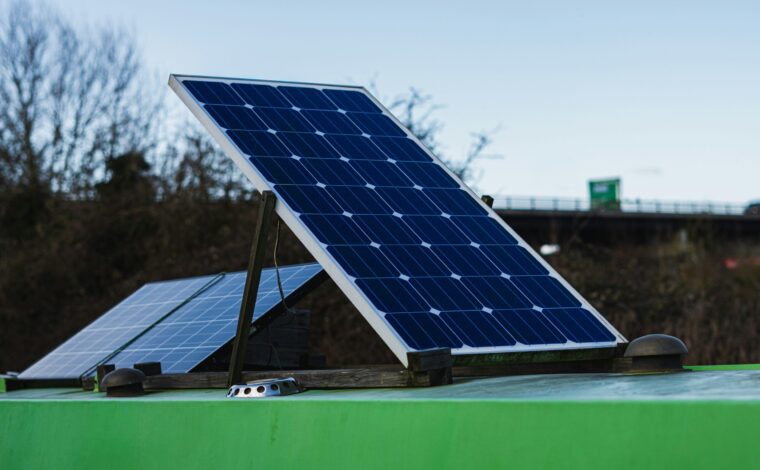
The U.S. Department of Energy (DOE) is awarding more than $31 million through a funding opportunity from the Communities Sparking Investments in Transformative Energy (C-SITE) to support major clean energy projects in disadvantaged areas, energy communities and small to mid-sized jurisdictions.
The selected communities are focusing on projects such as building efficiency and electrification, clean transportation, energy infrastructure improvements, microgrid development, renewable energy and job training.
Along with grant funding, recipients will receive technical assistance, including access to a Community Energy Fellow, a DOE-sponsored clean energy expert who will work in the community for 18 months to help support and improve local project abilities.
These 12 recipients will collaborate with more than 32 different partners, including housing organizations, workforce training centers and community nonprofits. The chosen projects will showcase benefits intended to serve as models for other communities, including:
Transforming liabilities into assets, including turning vacant lots into housing.
Modeling new approaches, such as deploying agrivoltaics in a small rural community.
Reducing operational costs and building resilience by creating resilience hubs.
Funding workforce opportunities, including apprenticeships for e-bike maintenance.
Sparking investments, such as creating new business models for municipal or tribally owned utilities.
Localities and projects being funded by this round of C-SITE grants include:
Chattanooga, Tenn.: $2.9 million to transform a closed school into a community center, offering employment services and incorporating energy-efficient features such as roof insulation, high-performance windows, LED lighting and an efficient chiller.
Greenville, Fla.: $3 million to implement agrivoltaics systems, upgrade community buildings with energy-efficient technologies, and host training sessions to strengthen resilience and economic stability.
Hennepin County, Minnesota: $2.5 million to offer residential energy audits, weatherization, solar installations and energy efficiency upgrades in underserved communities, while creating renewable energy hubs and green job training programs.
Highland Park, Mich.: $2.5 million to install 30 solar-powered streetlights to boost public safety and reduce energy costs through additional energy-saving measures.
Hopi Utilities Corporation in Arizona: $3.4 million to add a battery energy storage system to store excess power from an existing microgrid, improving energy resilience and reducing diesel generator reliance for the Hopi Tribe.
Kotzebue, Alaska, in collaboration with local organizations: $3.35 million to invest in renewable solar energy and repurpose decommissioned wind turbine infrastructure to boost energy resilience and cut costs for the community.
Milwaukee: $3.4 million to build 25 all-electric, net-zero homes on vacant lots in disadvantaged neighborhoods using off-site panel system construction.
New Orleans: $1.7 million to partner with Louisiana Green Corps to expand its bike-share system, providing affordable public transportation and training new e-bike mechanics to maintain the fleet.
Orick, Calif.: $900,000 to establish a solar-powered microgrid with energy storage to ensure reliable electricity for critical facilities like the water pumping station and fire station.
Raton, New Mexico: $2 million to expand its municipal solar energy initiative by adding 750kW of solar capacity, integrating it with the local grid through the installation of photovoltaic panels and related infrastructure.
Red Lake Band of Chippewa Indians in Minnesota: $3.15 million to develop a microgrid system for a school complex, contributing to energy sovereignty and resilience in rural tribal areas.
Region Five Development Commission in Minnesota: $2.5 million to provide clean energy financing for projects in rural communities, including a school solar project and a tribal electric vehicle initiative.
Photo by Caspar Rae on Unsplash
The post DOE awarding $31 million for clean energy projects in smaller communities appeared first on Government Market News.
